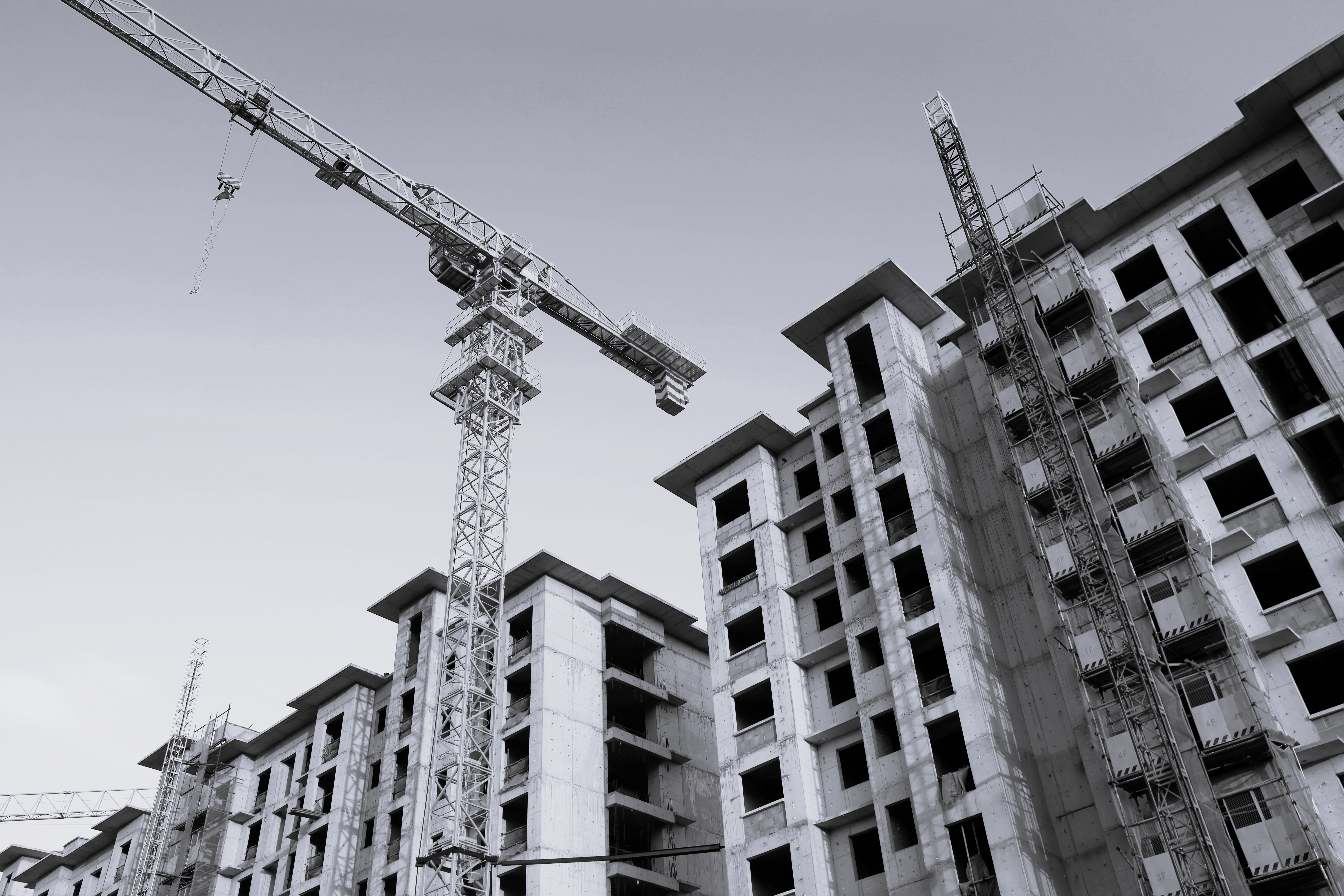U.S. EPA Issues Interim Guidance on Performing Site Cleanups during COVID-19
On Friday, April 10, 2020, the U.S. Environmental Protection Agency (EPA) issued interim guidance to its regional offices on when to conduct, reduce, or pause field work at remediation and emergency response sites. The Interim Guidance on Site Field Work Decisions Due to Impacts of COVID-19 applies to response sites where EPA is the lead agency or has direct oversight of or responsibility for the work being performed, including sites subject to federal Superfund, Resource Conservation and Recovery Act (RCRA) corrective action, Toxic Substance and Control Act, Underground Storage Tank, and Oil Pollution Act programs, among others.
This guidance follows EPA’s March 26, 2020 enforcement guidance that explicitly excluded Superfund and RCRA sites, which we wrote about here.
EPA emphasizes that all decisions will be made on a case-by-case basis. The agency will prioritize the protection of public health and safety, including that of EPA staff and other cleanup workers, by adhering to public health declarations and restrictions to the extent possible. However, EPA provides that maintaining its ability to prevent and respond to emergencies or other situations requiring the protection of public health and the environment is also a critical priority.
General Guidance on whether to Start or Continue Cleanup Work
EPA guides regions to evaluate whether site work should continue in areas where COVID-19 health declarations are in effect, and to consider suspending work and securing sites in those areas until the public health threat in that location is resolved. In all cases, including where cleanups are taking place in areas where there is no public health declaration restricting or prohibiting such work, regions should consider factors such as:
- availability and safety of work crews and agency staff
- the critical nature of the work
- transportation, travel restrictions, and other logistical challenges
- pre-construction, construction, and post-construction activities
- other site-specific factors
For any work that will commence or continue, health and safety plans (HASPs) must be reviewed and modified to ensure they meet CDC and other COVID-19 guidelines.
EPA is clear that any decision to pause or extend work does not amend or supersede an enforcement instrument, and any notice or extension procedure under such instrument should be followed, including notices under force majeure clauses or provisions permitting schedule adjustments. EPA provides that it intends to be flexible with respect to timing of notices made pursuant to such provisions.
Site-Specific Considerations for Proceeding with Cleanup Work
EPA offers several site-specific factors for regions to consider when determining whether site work should continue, be reduced, or put on hold, including:
- Whether failure to continue response actions would likely pose an imminent and substantial endangerment to human health or the environment, and whether it is practical to continue such actions. This may include sites with an ongoing threat of imminent acute/direct human exposures, or pose an imminent threat to public health, welfare, and the environment (e.g., exposure to lead, arsenic, PCBs, asbestos, or contaminated drinking water; vapor intrusion risks; and disposal of waste materials that may create an imminent safety issue if not removed).
- Whether maintaining any response actions would lead to a reduction in human health risk/exposure within the ensuing six months. Examples include vapor intrusion investigations, work to reduce exposure at residential sites, and addressing drinking water impacts.
- Whether work that would not provide near-term reduction in human health risk could be more strongly considered for delay, suspension, or rescheduling of site work, in coordination with state, tribal, and local officials and with updated HASPs as appropriate. This work may include routine sampling events, periodic monitoring, active remediation of stable groundwater plumes, and field sampling for remedial investigation/feasibility study or RCRA facility investigation work.
EPA expects that any work to advance cleanups that can be done remotely, such as preparing reports and workplans, modeling, negotiating among parties, and complying with financial assurance requirements, to continue as usual. EPA also acknowledges that non field-work activities may be delayed due to reduced capacity of supporting operations (e.g. laboratories, access to equipment). If such a delay will impact a responsible party’s ability to meet cleanup obligations, the party should consult its enforcement instrument for applicable notice procedures.
It appears that COVID-19 restrictions have already impacted site work. In its April 10, 2020 press release, EPA reported that as of the beginning of April, it has “reduced or paused on-site construction work at approximately 34 EPA or PRP-lead Superfund National Priority List sites, or 12% of all EPA sites with ongoing remedial actions,” due to COVID-19.
Cole Schotz P.C. Environmental Attorneys are available to address any questions you may have on EPA’s interim policy, or any environmental impacts to your business as a result of COVID-19. We will continue to provide updates as the situation evolves.
As the law continues to evolve on these matters, please note that this article is current as of date and time of publication and may not reflect subsequent developments. The content and interpretation of the issues addressed herein is subject to change. Cole Schotz P.C. disclaims any and all liability with respect to actions taken or not taken based on any or all of the contents of this publication to the fullest extent permitted by law. This is for general informational purposes and does not constitute legal advice or create an attorney-client relationship. Do not act or refrain from acting upon the information contained in this publication without obtaining legal, financial and tax advice. For further information, please do not hesitate to reach out to your firm contact or to any of the attorneys listed in this publication.
No aspect of this advertisement has been approved by the highest court in any state.
Results may vary depending on your particular facts and legal circumstances.
As the law continues to evolve on these matters, please note that this article is current as of date and time of publication and may not reflect subsequent developments. The content and interpretation of the issues addressed herein is subject to change. Cole Schotz P.C. disclaims any and all liability with respect to actions taken or not taken based on any or all of the contents of this publication to the fullest extent permitted by law. This is for general informational purposes and does not constitute legal advice or create an attorney-client relationship. Do not act or refrain from acting upon the information contained in this publication without obtaining legal, financial and tax advice. For further information, please do not hesitate to reach out to your firm contact or to any of the attorneys listed in this publication. No aspect of this advertisement has been approved by the highest court in any state.
Join Our Mailing List
Stay up to date with the latest insights, events, and more







